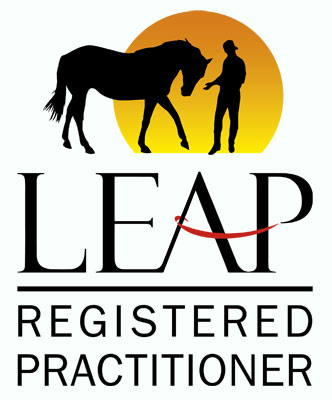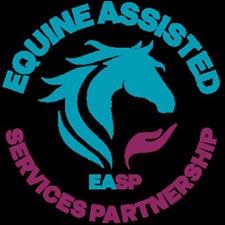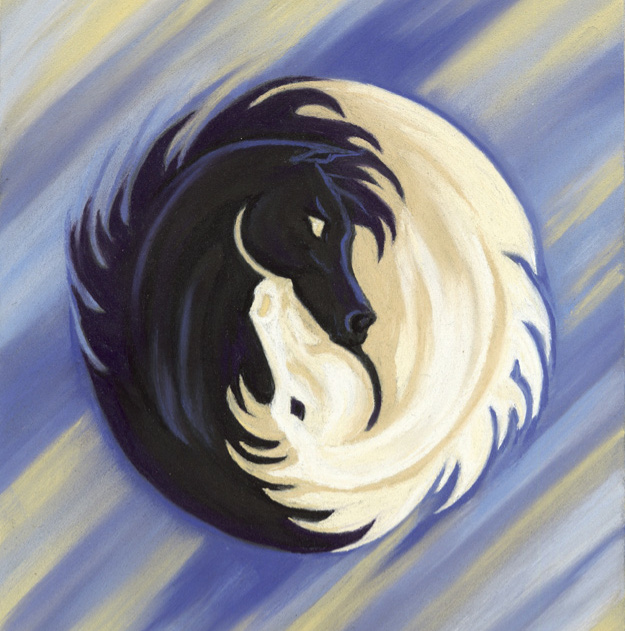
Blog
Empathy as the Golden Nugget of Relationship
23 September 2013
In our society, empathy is often seen as highly undesirable and a sign of weakness. It is therefore sadly not generally encouraged or nurtured by parents or in schools. In fact, often in childhood, we are encouraged to deride others, make fun of their pain and isolate others. Rather than understand, empathise with others, and aim to engage.
Viewing pain as part of the process enlarges your perspective and helps you find meaning in suffering. However, we are often taught and encouraged to push away our own pain and that of others.
Without recourse to empathy we are disconnected from truly being able to relate, yet it is the cornerstone of genuine and heartfelt relationship.
Horses are inherently empathetic, it is part of their relationship language, making them consummate healers and teachers for people to re-learn this valuable relationship tool.
I believe that empathy is the “golden nugget” and the essential component to all relationships, and determines whether the interaction will be a negative or positive one.
A lack of empathy immediately triggers a defensive response in people with a sense of: “Yet again my feelings and situation are not being acknowledged.” Leading to a lack of desire to continue relating with that person.
It is therefore very destructive to all relationships - personal and professional to not engage empathy as a core part of your being and interactions.
For example, employees can feel unseen, not listened to and under-valued and they are therefore very unlikely to perform at their best, they may feel their job is becoming a drudgery and are more likely to seek alternative employment. Do you really want to lose really good employees/volunteers/colleagues?
Partners feel exasperated by their other-half's lack of apparent understanding and ability to "put themselves in their shoes; again..."
Even in normal day to day activities like buying something in a shop, if the person serving you doesn't seek to understand your need or perspective, you can quickly get into an easily avoided argument through the employment of empathy.
It requires self-awareness, willingness and patience to really engage empathy with people and with horses too, as it requires taking things a bit more slowly rather than rushing through the interaction or task.
Yet my experience is that when you are empathetic to another’s position, the result is a much more rewarding and stress-free interaction all round; whether equine or human.
© Angela Dunning, 22 September 2013








